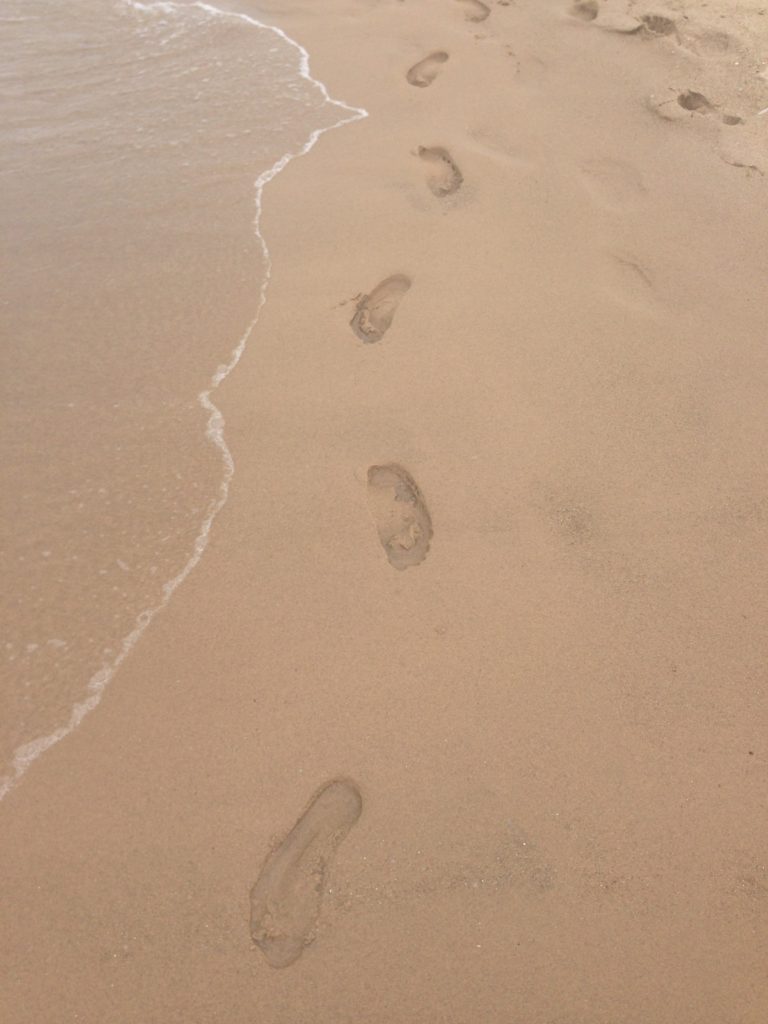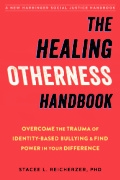This week, we experienced an unspeakable tragedy in the Pulse Nightclub mass shooting. Numb from our pain and overwhelmed by the continuous media coverage, we may find ourselves sinking into despair as the combined fear and uncertainty of our times casts its shadow. Here are six steps each of us can take to climb out of despair and begin the healing journey.
-
Spend no more than one hour per day on news. This is a hard one I realize because we’re saturated in information. Too much news about the shooting and other tragedies is like jumping rope with a sprained ankle. Not only do we not heal, we injure the ankle more, and eventually the foot and leg along with it.
News is a source of information, but the outlets who provide it to us are businesses like any other, surviving on ad space or air time that they sell. They’ll put whatever they have to out there to keep us viewing, clicking, and Sharing. Too much news is like anchor weight on a sinking ship, pulling us deeper into despair when we’re trying to stay afloat.
-
Allow your thoughts to be silent. Our minds are so cluttered this week that we’re acting and reacting from agitation brought on by fear, anger, sadness….all of which are difficult emotions surrounding a sense of helplessness.
Rather than sniping back with your uncle or high school friends about the need for gun control, focus your energy on rejuvenating your spirit. Take a walk, spend time in your garden. Visit nature. Pray, meditate, chant. Be still with your thoughts. You cannot see ahead of you if you allow the storm to rage. There will be time for that. Stillness first.
-
Allow your emotions to come. As you become still and silent, you will likely notice the emergence of individual emotions. Sadness may wash over you. Frightening as this is, particularly for those who’ve struggled with depression, allowing sadness to be fully felt is a way of moving through it. Cry. Scream. Anger is another emotion you may experience, as is guilt. Whatever individuals feelings you have are entirely valid.
If you’re a beach person, you might think of these as waves on the water’s edge that wash over all but your face. They envelope you and you feel them fully, but only for a short time, for each emotion is but a small wave in an endless ocean. They must be allowed, for it is our nature to experience them and then allow them to wash away. Our emotions will never drown us if we do not attempt to block their natural ebb and flow.
-
Talk about the hard stuff. Find a trusted individual or group with whom to share what’s come up for you as you’ve journeyed through the week. Name the complicated emotions with someone else, and you will find that you are not alone. We spin so much in our own heads, wondering if we’re crazy or weird for feeling a certain way. We think we’ll lose our minds if we talk about things, or that we’ll appear weak.
It’s quite the opposite, in fact. Being open about fears is especially difficult, but doing so frees us significantly because in our shared experience of being able to identify and claim fear, we do away with the made-up notion that we’re to appear invincible. Acknowledging fear brings us closer to others, allowing us to lay full claim to the grief and trauma that we share.
-
Take action: social action. Things like gun control are central considerations, of course; however, and particularly in the earliest stages of our healing journey, we need to take the steps that will give us the biggest emotional gains. Think instant gratification here. Sure, you’ve signed the petitions and shared your opinions on social media. How about donating blood? Give $5 to any of the crowd funding accounts that have been set up to help the victims’ families. Check in with your cousin who’s raising a gay son to see what’s needed, because chances are that your cousin is even more overwhelmed than you.
What’s the one thing you do best? Whatever this skill or quality is, it can be channeled into something helpful to someone who’s need is even greater than your own. When we engage in social action, we not only help another person or persons, we advance along our own journey. Many helpful things can be done quickly or with minimal effort, thus allowing you to gain the instant reward of having helped in the ways you could. This step will probably help more than any other, but the previous steps must be attended to, first.
-
Repeat these steps. Do so each day over the next week, and as long as they are needed.
Know that you are not alone in your grief and trauma. We each are experiencing our own pain and cycling through it. By using these steps each day, you’ll allow yourself to think more clearly about your needs and those of the people you love. The path that follows will then be made clearer.


